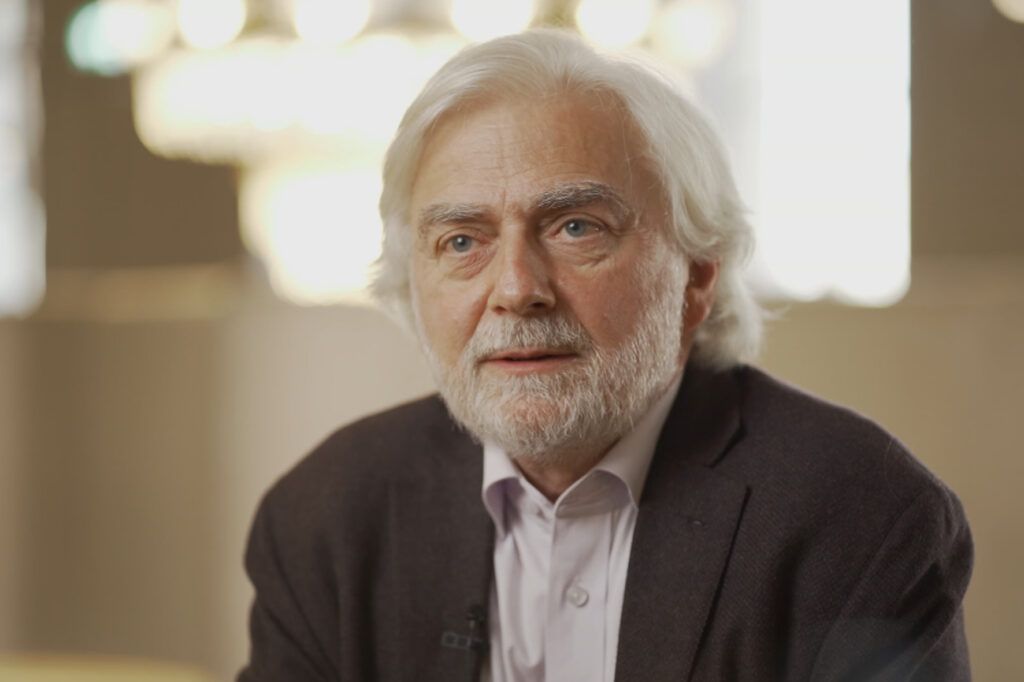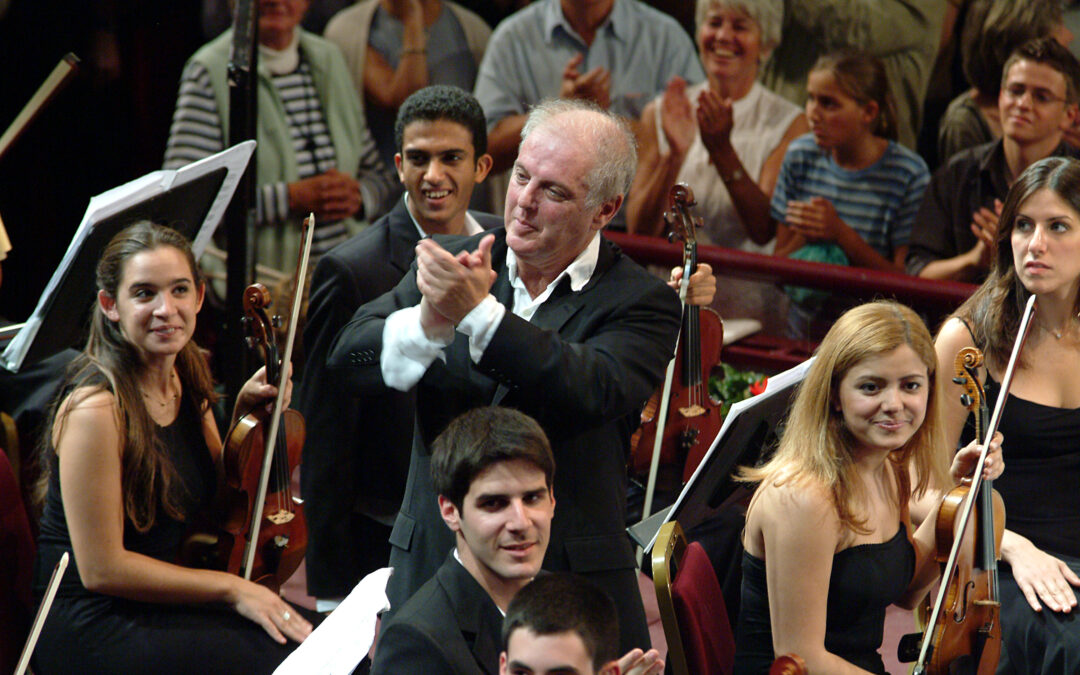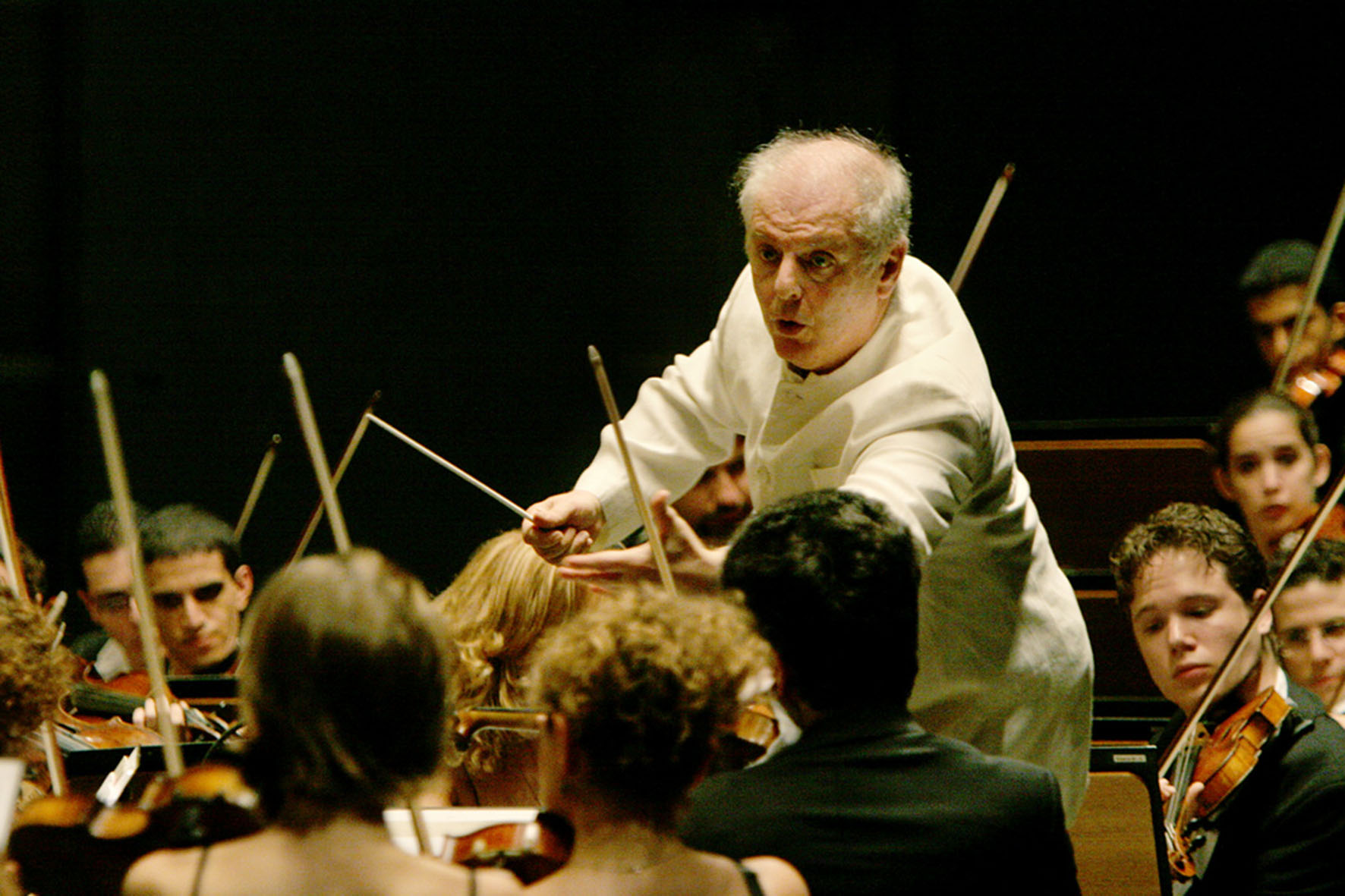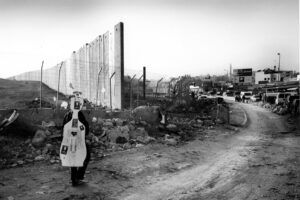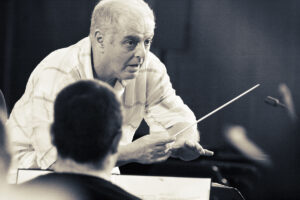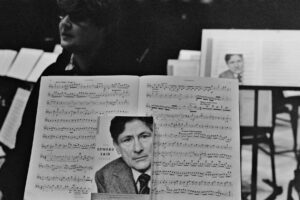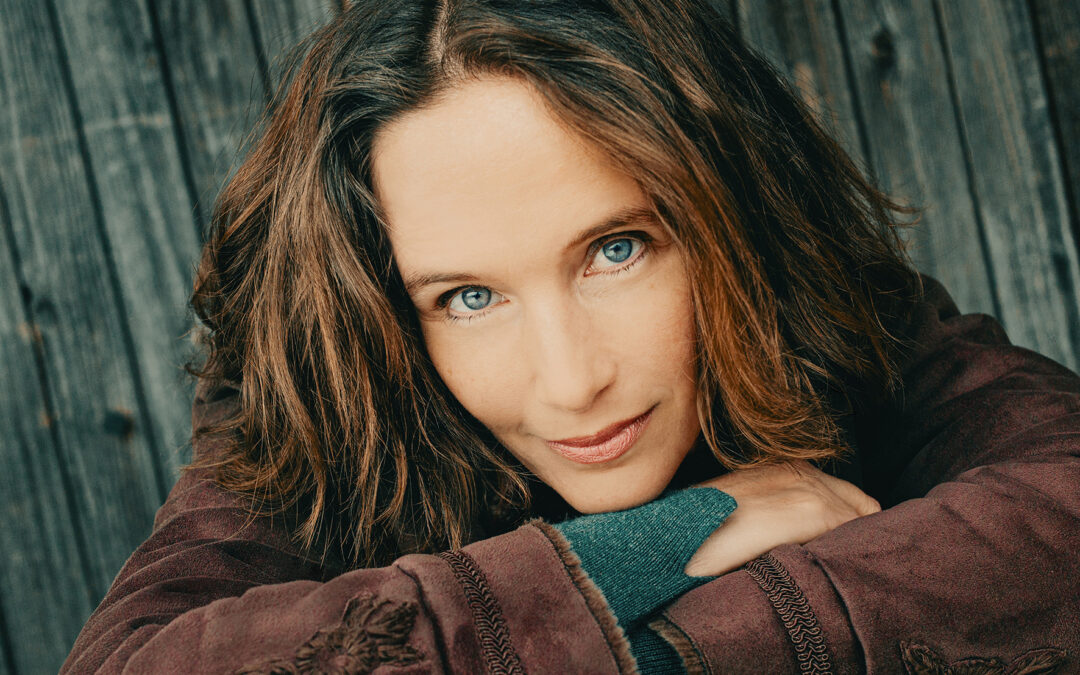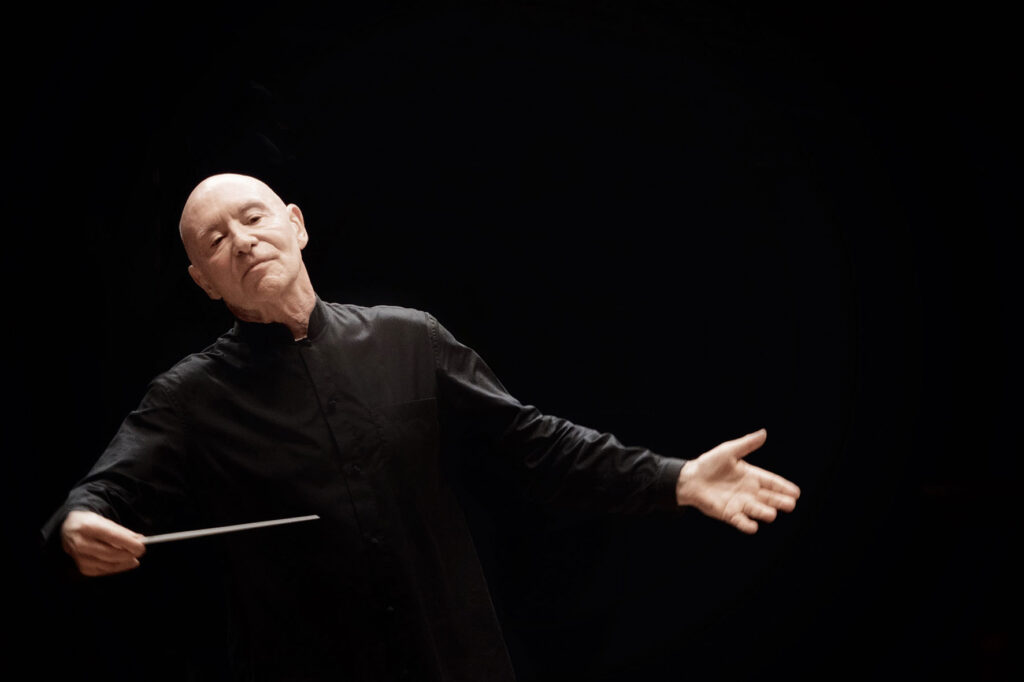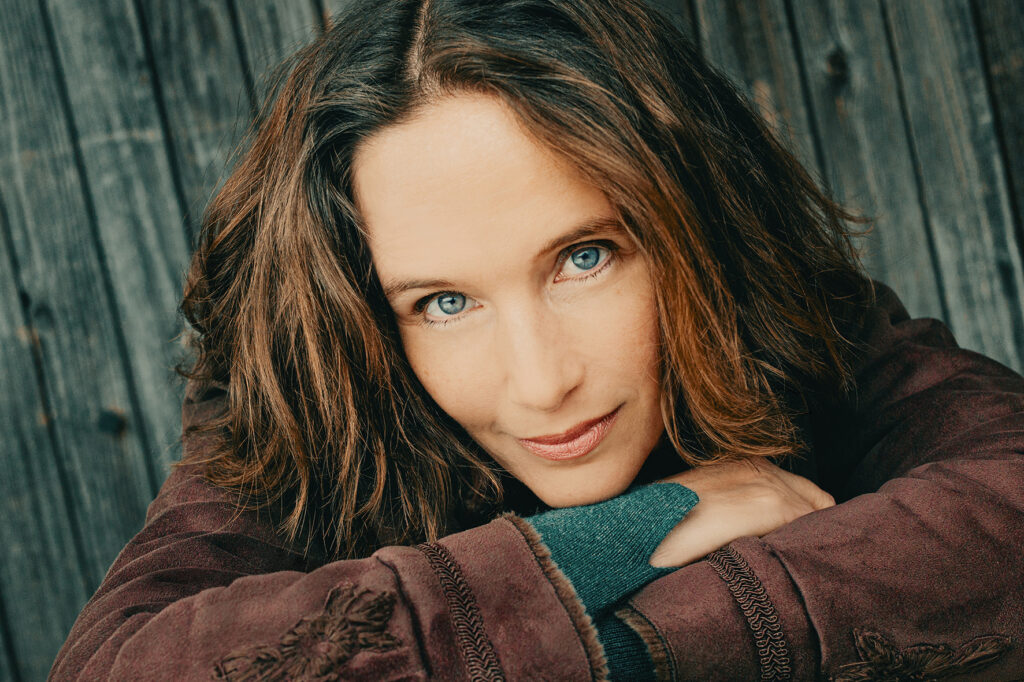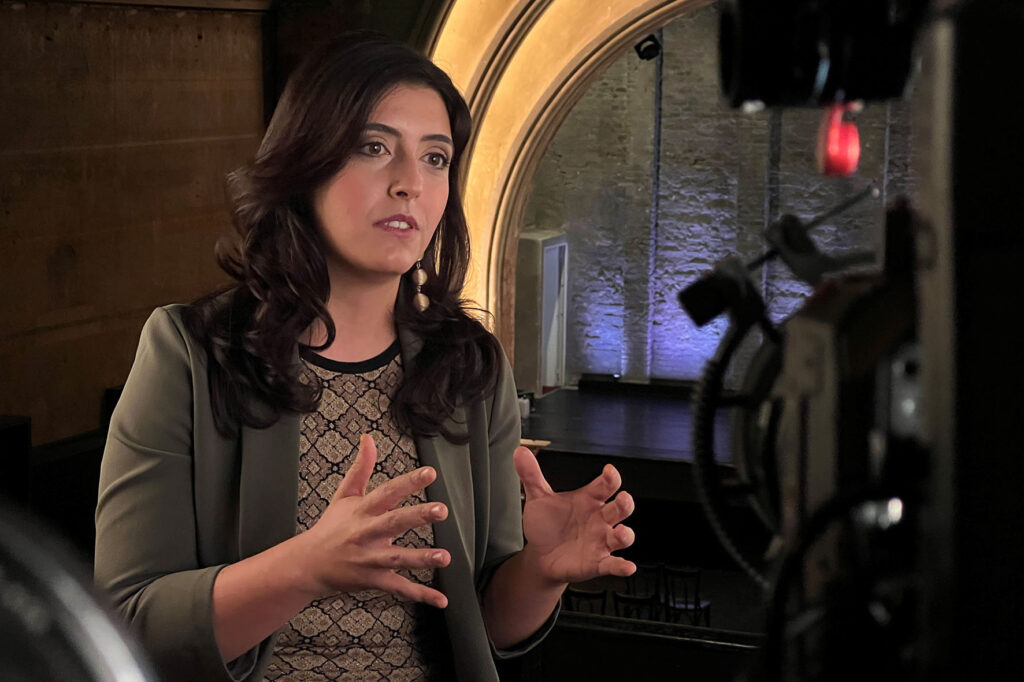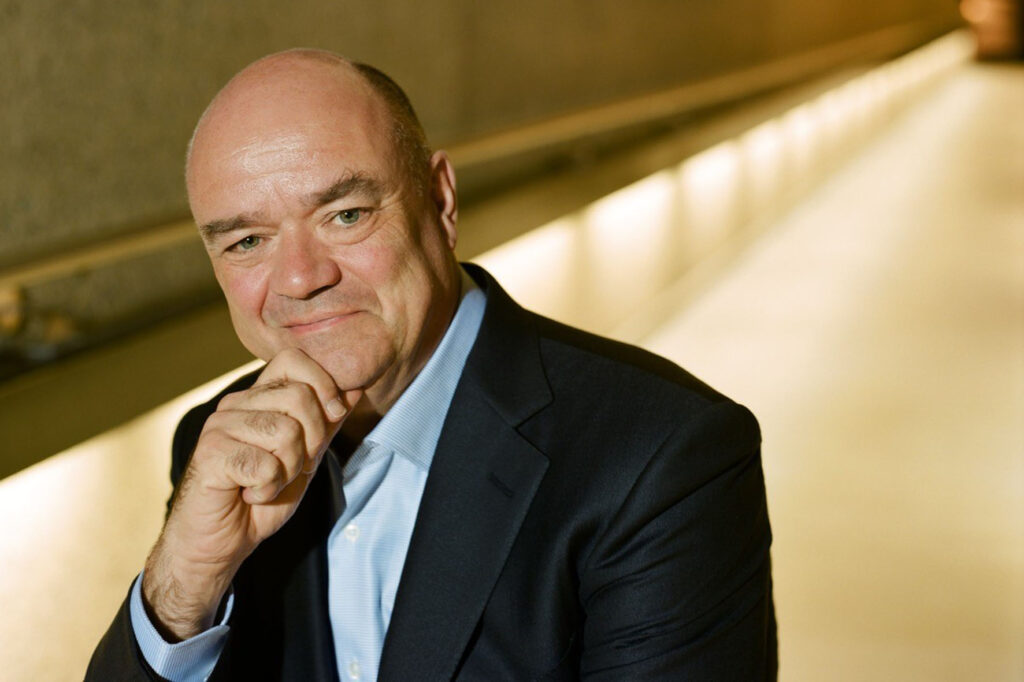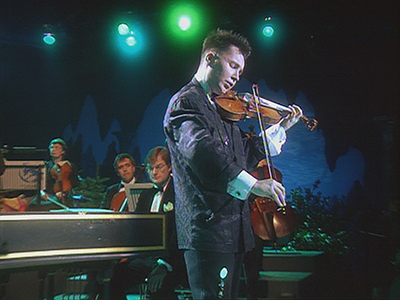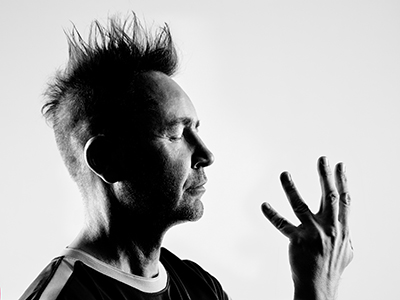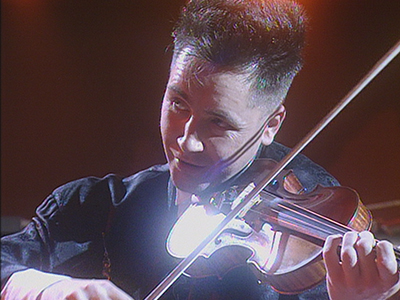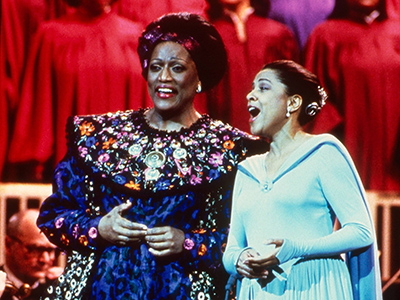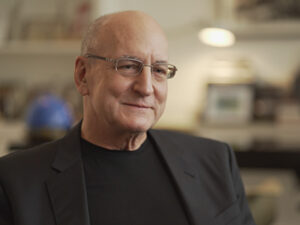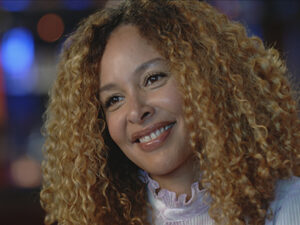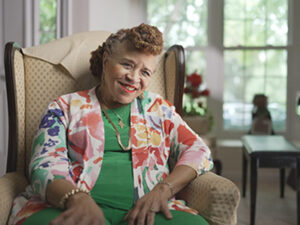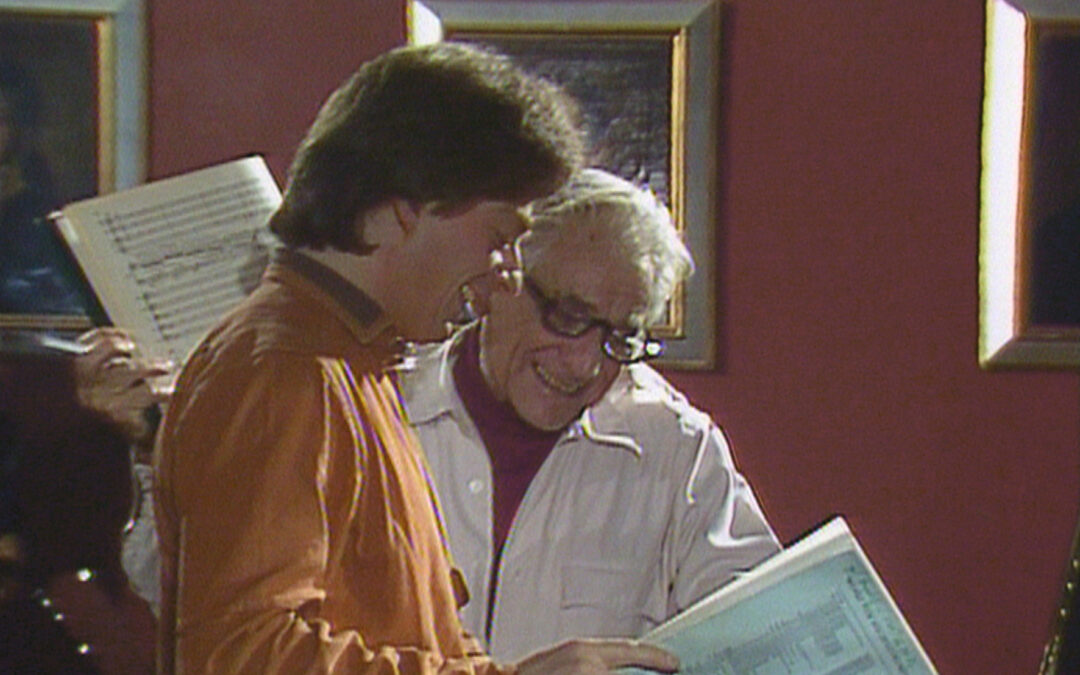
Magic Moments of Music | Krystian Zimerman and Leonard Bernstein interpret Brahms
Magic Moments of Music | Krystian Zimerman and Leonard Bernstein interpret Brahms
A film by Dag Freyer, ZDF/ARTE, 52 min, 2022It was a coming together of a very special kind in Vienna in 1984 when enigmatic pianist Krystian Zimerman stepped onto the stage with charismatic maestro Leonard Bernstein for a filmed performance of Johannes Brahms’ Piano Concerto No. 2. On the surface, their temperaments could not have been more different. Bernstein was a media darling who ably used the medium of film not only to record concerts but also to reach a mass audience with his pedagogical expositions of music. Alongside him on the grand piano was the perfectionist and publicity-shy Zimerman, who very rarely discussed his art, meticulously prepared every nuance of his playing and even modified his instruments himself to achieve the perfect sound.
The result was indeed a magic moment of music and a landmark in the career of Krystian Zimerman. In this episode, “Leonard Bernstein and Krystian Zimerman Interpret Brahms”, Zimerman gives a rare interview, and for the first time in a TV documentary, speaks in detail about the background to the concert recording and why the collaboration with Leonard Bernstein radically changed the course of his artistic life.
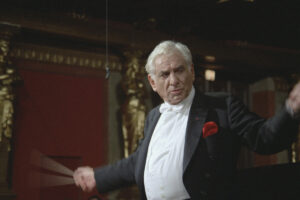
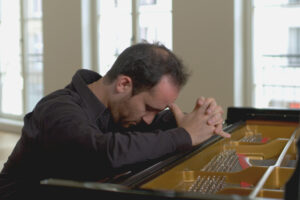
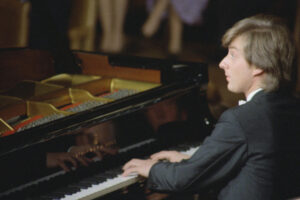
Eminent colleagues including Hélène Grimaud and Igor Levit as well as close confidants of Leonard Bernstein such as the conductor Marin Alsop and his former assistant Charlie Harmon also tell us what makes this concert a great moment for them.



